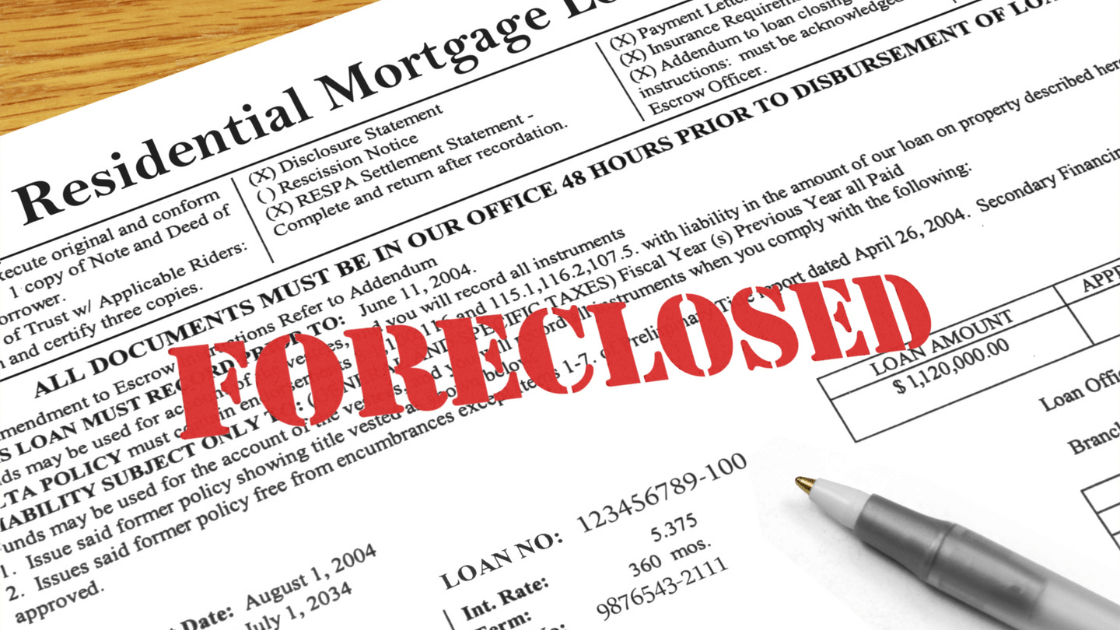
Probate refers to the legal process of managing a deceased person’s estate, which includes settling their debts, distributing their assets, and resolving any disputes that may arise. This process typically involves an executor or administrator who oversees the deceased person’s property. However, in cases where the deceased person had a mortgage on their property and defaulted on payments, the bank may still foreclose on the property, even if it is in probate.
In this blog post, we will explore the laws in Massachusetts regarding foreclosure during probate and whether it is possible for a bank to foreclose on a house in probate.
Foreclosure Laws in Massachusetts
In Massachusetts, foreclosure is a judicial process, which means that a bank must go through the court system to foreclose on a property. This process can take several months and involves several steps, including notifying the borrower of the foreclosure and giving them an opportunity to cure the default. If the borrower does not cure the default, the bank may initiate a foreclosure sale of the property.
During the foreclosure process, the bank must follow strict legal procedures, including providing notice to the borrower and giving them an opportunity to contest the foreclosure in court. In addition, the bank must follow specific timelines and requirements regarding the foreclosure sale, including providing notice of the sale and giving the borrower an opportunity to redeem the property.
Can a Bank Foreclose on a Property During Probate?
Yes! If a person dies and leaves a property that is in probate, the bank may still be able to foreclose on the property, even if it is under the control of an executor or administrator. However, the bank must follow specific legal procedures and obtain permission from the probate court before proceeding with the foreclosure.
In Massachusetts, if a property is in probate and the bank wants to foreclose on it, they must file a petition with the probate court to obtain permission to foreclose. The bank must provide notice to the executor or administrator of the estate and any interested parties, such as heirs or beneficiaries. The probate court will then review the petition and determine whether the bank has the right to foreclose on the property.
If the probate court grants permission for the bank to foreclose, the bank must follow the same legal procedures as they would in a regular foreclosure. However, the bank must provide additional notice to the executor or administrator of the estate, as well as any interested parties. In addition, the bank must file a copy of the foreclosure deed with the probate court.
If the bank forecloses on a property that is in probate, the proceeds from the foreclosure sale will be used to pay off any outstanding mortgage debt, as well as any other debts and expenses of the estate. If there is any money left over after all debts have been paid, it will be distributed to the heirs or beneficiaries of the estate.
Selling Your Home to a Cash Home Buyer During Probate
If you are facing foreclosure on a property that is in probate, there are other options available to you. One option is to sell your home to a cash home buyer during probate. This can be a beneficial option for several reasons.
First, selling your home to a cash home buyer can be a quick and easy process. Cash home buyers can often close on a property in as little as a few days, which can be helpful if you are facing a foreclosure sale.
Second, selling your home to a cash home buyer can help you avoid the legal fees and other expenses associated with a foreclosure. When a bank forecloses on a property, the borrower is usually responsible for paying all of the legal fees and expenses associated with the foreclosure. By selling your home to a cash home buyer, you can avoid these expenses and potentially save thousands of dollars.
Finally, selling your home to a cash home buyer can also help you get a fair price for your home. Cash home buyers typically buy properties as-is, which means that you don’t have to spend money on repairs or upgrades before selling your home. Additionally, cash home buyers often make offers based on the current market value of your home, which can be a fair price for your property.
If you are considering selling your home to a cash home buyer during probate, it is important to work with a reputable and experienced buyer. Look for a company that has a proven track record of buying homes in probate and that can provide you with references from satisfied customers. You should also make sure that the buyer is licensed and insured to protect yourself from any potential scams or fraudulent activity.
In conclusion, it is possible for a bank to foreclose on a house in probate in Massachusetts, but the bank must follow specific legal procedures and obtain permission from the probate court. Selling to a cash home buyer can be a quick and easy process, can help you avoid legal fees and other expenses associated with a foreclosure, and can help you get a fair price for your home.

